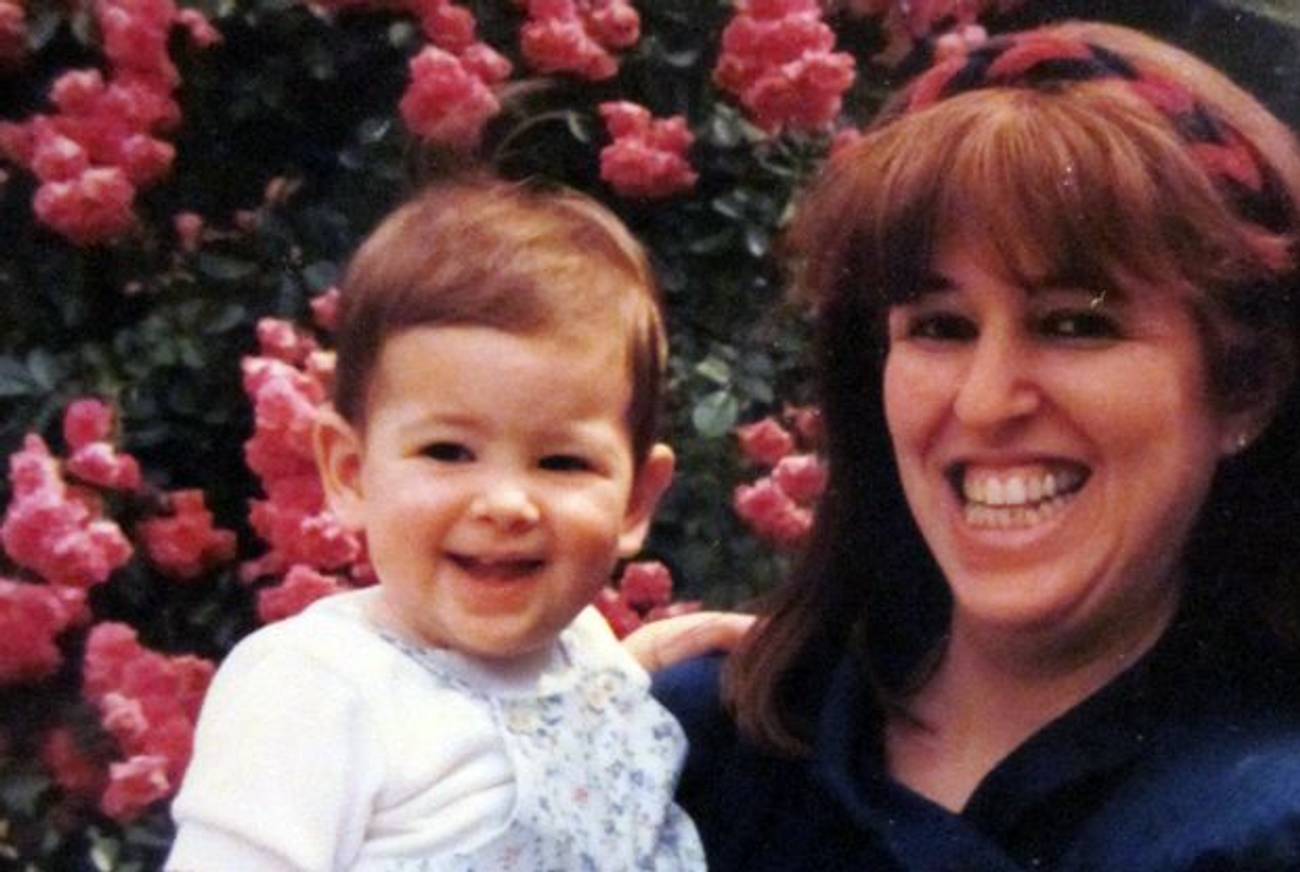How Motherhood Changes Mother’s Day
My mother and I used to be at each other’s throats; now everything is different




In the grand history of stereotypical projections, perhaps none ring truer than those of the Jewish mother. Even if our own modern moms fell far short of the typical depiction—the self-sacrificing, smothering, guilt-inducing nag—some kernels of truth remain. My own mother, for instance, was certainly no cunning Rose Morgenstern as depicted by Herman Wouk in Marjorie Morningstar, who orchestrated her daughter’s love life until she finally married Jewish lawyer Milton Schwartz and moved to the Westchester suburbs, but she certainly had ideas for how I should comport and dress myself. And I enjoyed quashing them.
They told us in my religious Jewish elementary school that every day should be Mother’s Day; that is, you are expected to respect and honor your parents all the time, and to make a one-day-a-year show of it, while not exactly blasphemous, was still a bit irreverent. Though much of my early schooling was devoted to the importance of the commandment of kibbud av va’em, honoring your father and mother, and all its many concrete nuances—standing when they enter a room, not sitting in their seats at the table, not disturbing their sleep—less time was spent on the emotional implications of respecting one’s parents day in and day out, and zero time was spent on what respect means when you yearn to spread your wings. What does respect really mean when, in an attempt to explore your budding independence and sense of self, you find you are in direct violation of your parents’ directives?
Take something fairly minor, like sartorial battles. Though I wore shapeless uniforms for 12 years of school, on weekends I would try my hand at personal style and was routinely reprimanded by my mother. She would scan for infractions that included not only violations of traditional modesty laws, but anything that veered into territory deemed too alternative, like cargo skirts and platform Skechers. And I, in turn, critiqued her style, for she embarrassingly insisted on wearing baggy shirts and skirts with hemlines for which the technical term, in 1990s Flatbush, was ‘doody length.’ Watching us size each other up in the morning was sometimes comical: I’d remove her fanny pack and she’d pull up my neckline before we went on our way. But often, these petty fights signified our underlying resentment over the more significant ways we failed to fulfill each other’s expectations.
Our keenest struggles stemmed from contradictory perspectives on our neighbors. In a community where many lived in accordance with an ever-present fear of what those who lived next to us might think, I couldn’t care less, except if that neighbor was the cute boy across the street. I did not want their approval, which, to me, meant nothing less than conformity. Neither of us was wrong for wanting what we did: I wanted to assert my independence, and my mother just wanted to fit in. We just didn’t understand the other’s motivations for wanting what she did.
Our inability to understand each other took other forms, too. Before I felt the first stirrings of feminism, I was thrust, at age 12, into the role of a resentful latchkey kid whose mother had gone back to school for a Master’s degree. Oh, how I hated the 20-year olds who called our house looking to chat with my mother. “Hi, um, I’m, like, looking for Perele?” That my mother was out carousing with virtual teenyboppers (wasn’t carousing what one did at graduate school?) when she could have been home with me hurt deeply. “Ma, it’s one of your little friends,” I would say frostily as I handed her the phone.
Compared to the children of the Bible, I was a piece of cake: I never enticed a royal prince and forced my siblings to murder the inhabitants of an entire city, and, though tempted, I never sold my siblings into slavery in Egypt, either. But in reality, I certainly gave my mother a run for her money, and I doubt I was very respectful most of the time.
I recently read an interpretation of kibbud av v’em that argued that respect simply means acknowledging a debt of gratitude to your parents for all you have learned from them. I like this interpretation, particularly since having become a mother myself. I understand so much more now: why she decided to go back to school and why she cherishes her work as she embraces a part of herself that has nothing to do with her children; how helpless she must have felt to watch me wither away with an eating disorder, an awareness that only came to me after I agonized all night with my firstborn as he endured his first cold. Only now do I understand why she still makes me call her after a long drive home, and why she can’t fall asleep until I do.
Nowadays, my respect is colored largely by my gratitude for realizations like these. We’ll always have differences—I would still love for her to care less about what the neighbors think, and she would like me to remember I have neighbors—but we’ll also always have each other. Once you strip away the angst-filled years and tumultuous memories, you’re only left with the most profound kind of love.
I love you, Mommy. Happy Mother’s Day—both from a daughter to her mother and from one mother to another.
Tova Cohen is a fundraising communications professional and freelance writer. She lives with her family in New Jersey.